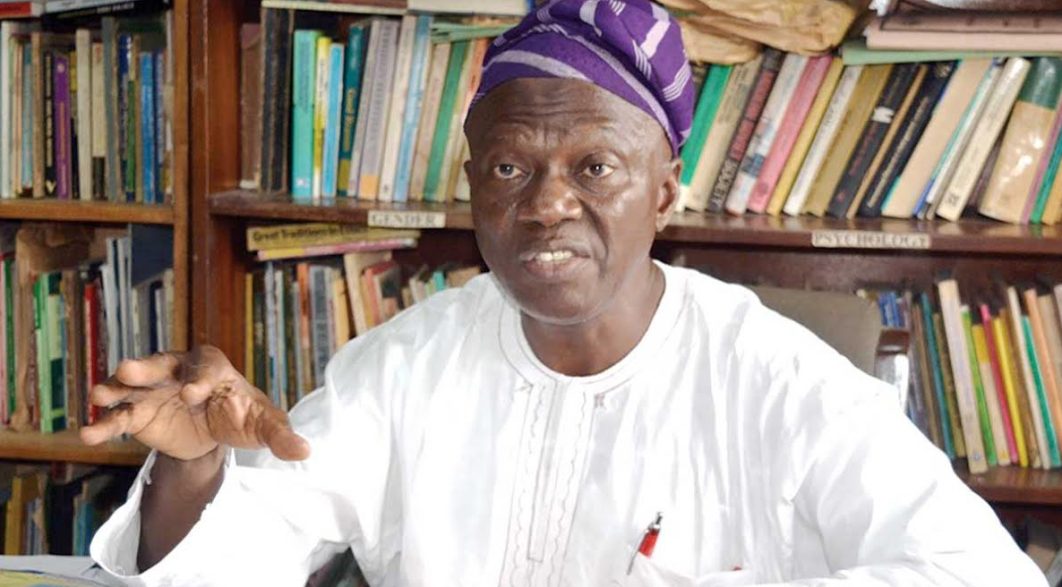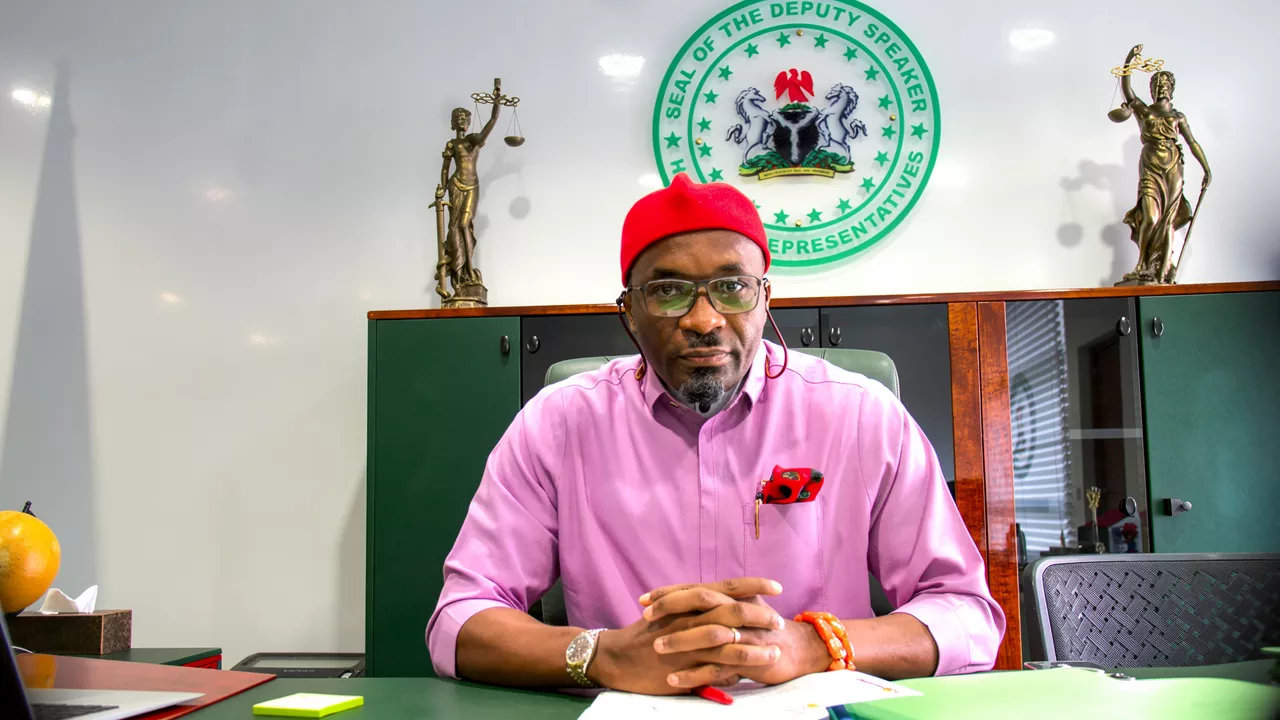
Prof. Lai Olurode is a former National Commissioner of the Independent National Electoral Commission (INEC). In this interview with ROTIMI AGBOLUAJE, the former Dean of Social Sciences at the University of Lagos, said today’s governorship election in Edo State should be an advancement in Nigeria’s electoral regime. The retired Professor of Sociology added that conducting elections everywhere could be challenging and prone to crises. He also suggested that party registration and the prosecution of electoral offenders may be better served by a separate body as well as voter education, instead of INEC.
As the Edo State governorship election takes place today, what are your expectations from the stakeholders?
I expect more deference to election procedure and electoral laws and INEC’s guidelines from all the stakeholders, which include the Independent National Electoral Commission (INEC), security agents, candidates in the election, political parties and other state and non-state actors. Today’s election in Edo State should be an advancement and further improvements in Nigeria’s electoral regime. Indeed, since the period of electoral reforms of 2010, election indicators have become elevated.
Why is it difficult to have credible polls in Nigeria?
Everywhere, election conduct can be challenging and prone to crises. In the case of Nigeria, it had remained journeying to the slaughter’s slab; consistently prone to crises. The reason is that politics is a major means of wealth accumulation. Kwame Nkrumah of Ghana was of the view that “seek ye first the political kingdom and other things will follow you.” Apart from the distributive trade, peasant farming, the service sector and politics, which other sector is really there in Nigeria? Among all these, none is as lucrative as politics. It was never a ‘profession’ for the boys. It is consuming in all respects and it’s a very tough terrain to navigate. So, the desperation to enter the political arena is life-threatening.
Most of the polls in Nigeria are disputed by the stakeholders. Is it a systemic problem?
Yes, polls may be disputed but it doesn’t imply that the elections were not credible or essentially flawed. Politicians in our country have been infected by a mindset that has been programmed to condemn and contest even the most transparent elections. It has become the pastime of contestants in our elections to endorse two separate but customised media messages – one applauding as the best electoral umpire in the world, if he wins and the other raining curses on the electoral umpire and pouring invectives, if he loses. Since 2010, there has been a tiny proportion of reversal of the verdicts reached by the Independent National Electoral Commission (INEC).
Some think the INEC is incapacitated in conducting reliable polls. Do you share this thought?
It won’t be a scientific statement to insist that our electoral bureaucracy is incapacitated in the conduct of reliable polls. In fact, since the general election of 2011, our electoral regime has improved fantastically. Though the turnout of voters remains low, our elections have become more competitive. The margin of defeat has been narrowed. Election indicators have blossomed. In spite of the appalling low level of democratic dividends, participation at all stages of the electoral process remains relatively encouraging. Over the years, INEC had acquired a lot of assets in electoral technology, professional training and reputation as a leading electoral administrator with demands for its electoral services and inputs within and outside Nigeria. Otherwise, why is it being prompted by Nigeria’s political elite across party cleavages to conduct local government elections?
There have been calls for the unbundling INEC. What is your take on this? What type of reforms do you expect from INEC?
Party registration and the prosecution of electoral offenders may be better served by a separate body as well as voter education.






